An imagined conversation in a city meeting room:
“I think we should host the Olympics.”
“Sir?”
“It’s a great idea. It will bring in exceptional revenue in the form of tourists and sponsorships, and it will truly put [insert city, region or country here] on the map as far as respect and recognition in the world!”“Yes, maybe, sir. But, aren’t you at all concerned about all the other past Olympic cities, whose facilities ended up costing way, way more than planned and many of which were all but abandoned after the events were over? How expected revenue windfalls didn’t appear? Not to mention how all that respect and recognition never really materialized?”
“Well, yes, I did think of those things. It never seems to work out for them…But, it might work for us.”
The not-so-great news: If the 2018 Winter Olympics in Pyeongchang were held today, people would be welcomed by unfinished Olympic villages, infrastructure projects that are incomplete and a scarred landscape where a quiet, rural region has been thrust into the world sphere by Olympic fever.
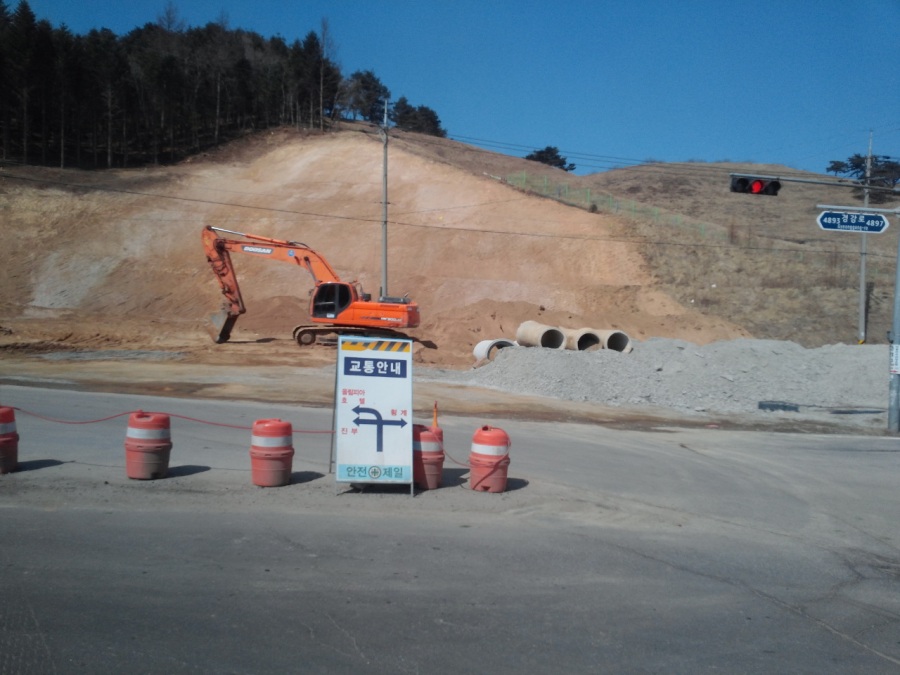
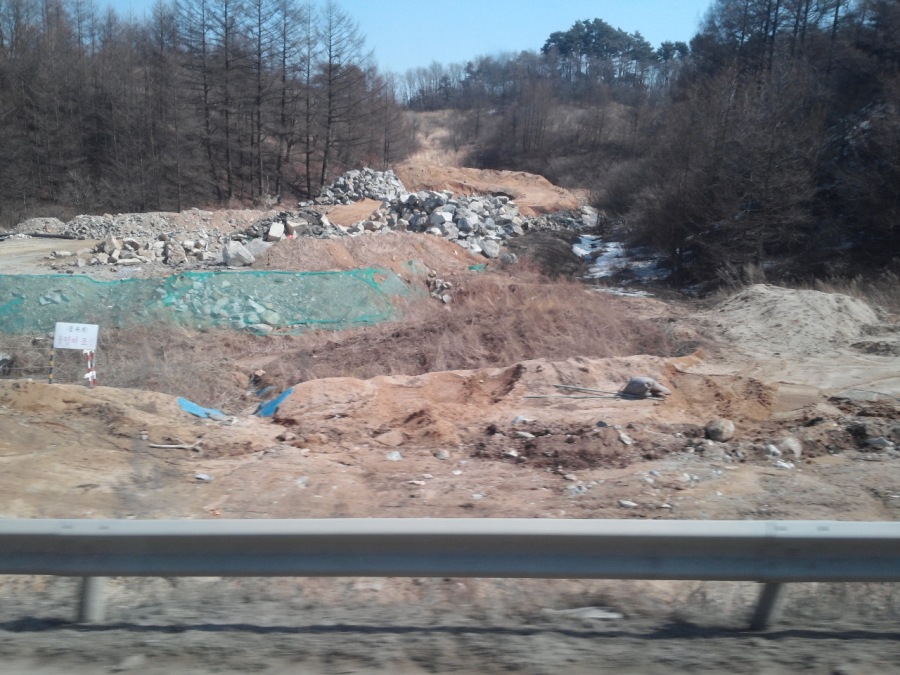
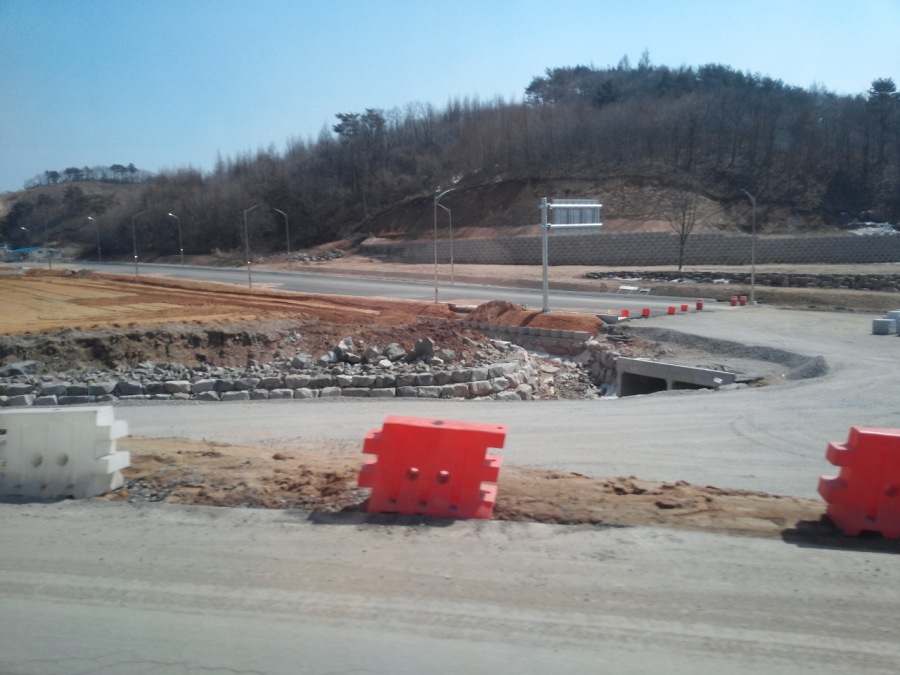
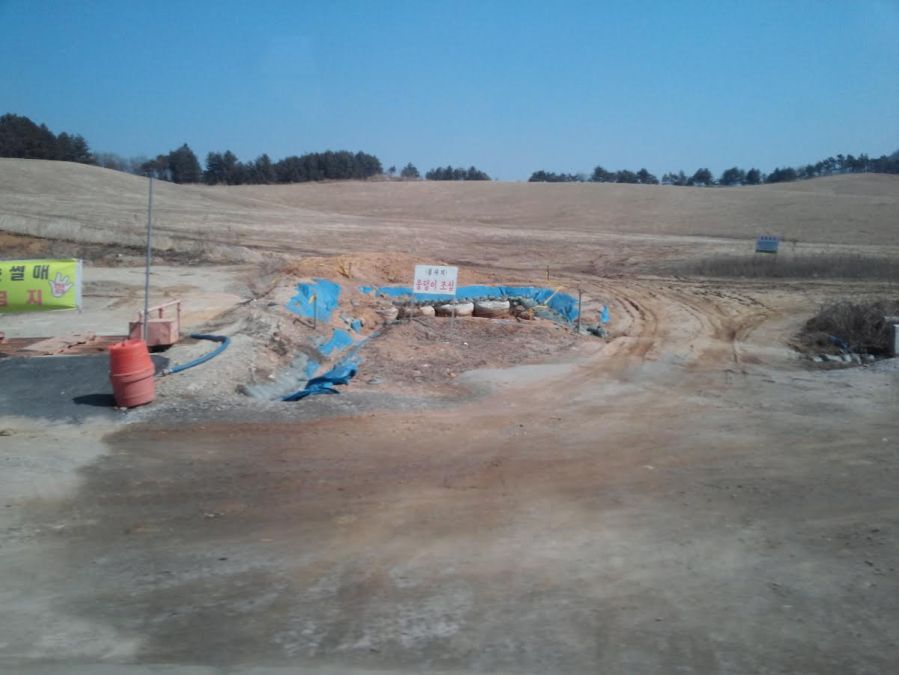
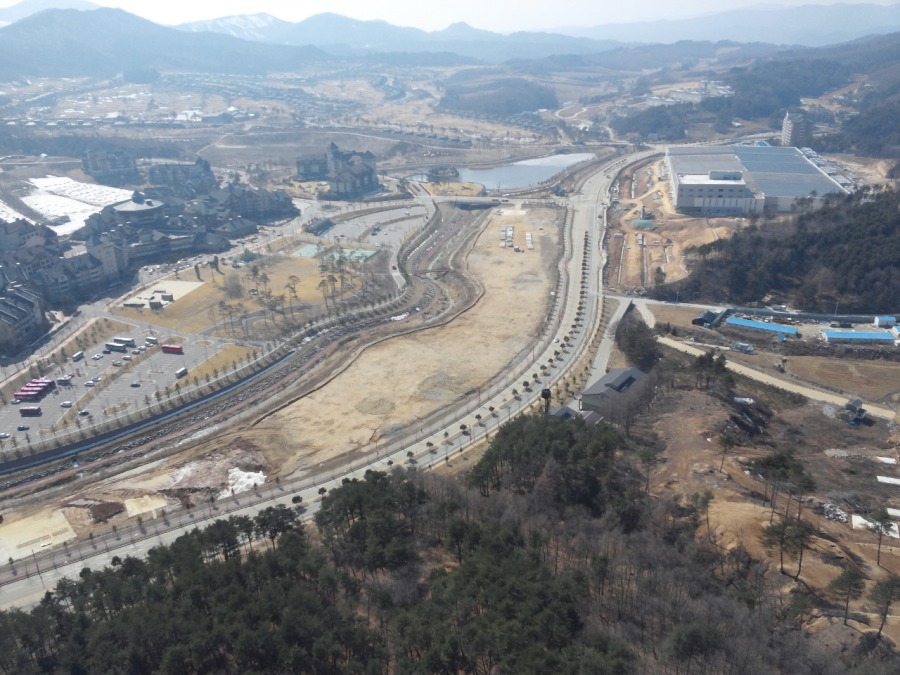
The better news: The 2018 Winter Olympics in Pyeongchang (not to be confused with Pyeongyang, another issue that has reared its unfortunate head) are still almost a year away. And, as anyone who has spent any amount of time in Korea knows, Koreans are very good at turning a plot of land into a building in less time than you’d think possible.
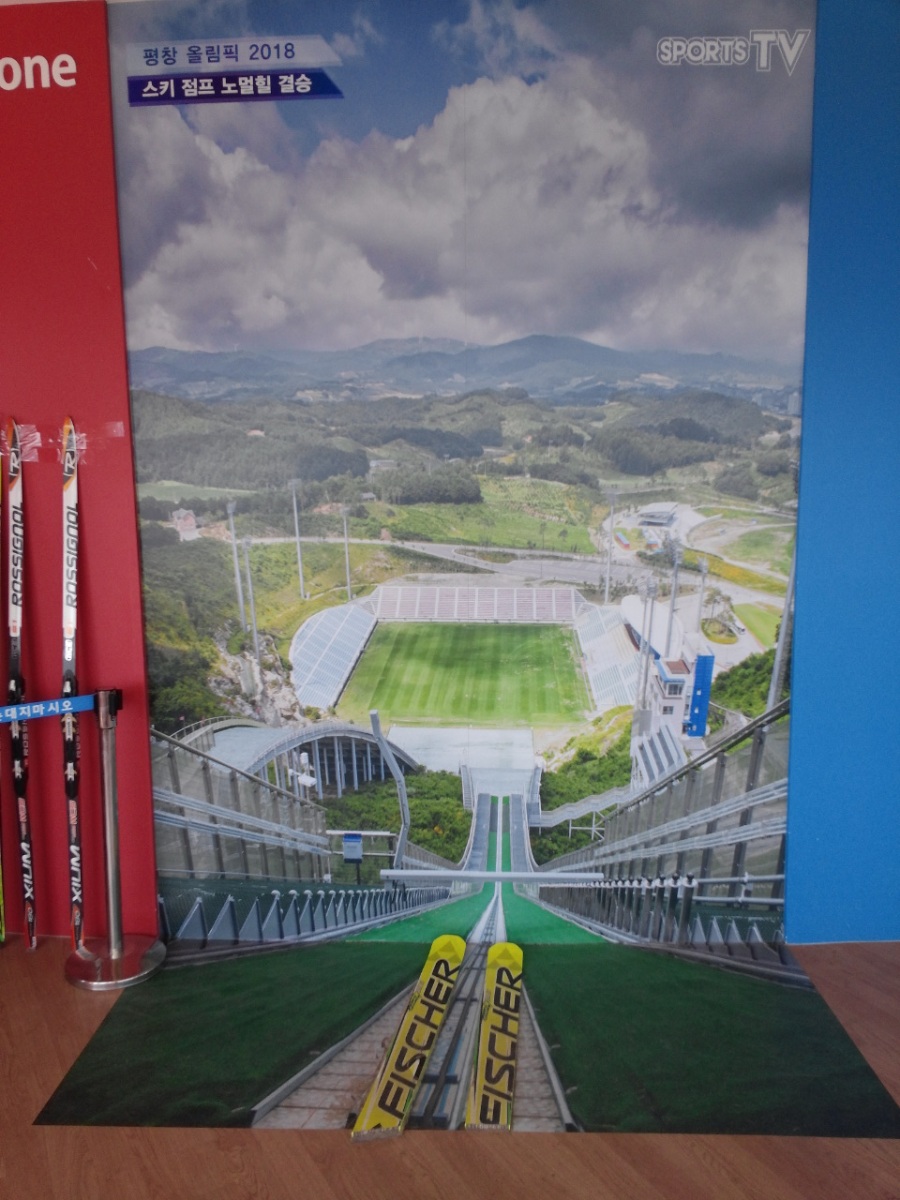
The cautious news: Too often (and, to be sure, even once is one time too many), those aforementioned buildings have been of questionable construction quality. This is absolutely by no means an accusation toward those constructing the Olympic facilities in Pyeongchang. But, the thought is unavoidable when, time and again, priority seems to have been placed on getting projects done, rather than on safety and stability. One hopes they are aware of past disasters and will be able to learn from them, especially for an event that is so very much under the world lens.
The non-Olympic news: There’s more than just the Winter Olympics to enjoy in this small, humble region of Gangwon-do, one of South Korea’s most rural provinces. And, you don’t even need to go in the winter to enjoy them! On a recent trip, I was more impressed with the Sky Ranch and Woljeong and Sangwon temples, than I was with anything associated with the Olympics. Though, to be honest, I am probably not the demographic to ask when it comes to the Olympics.
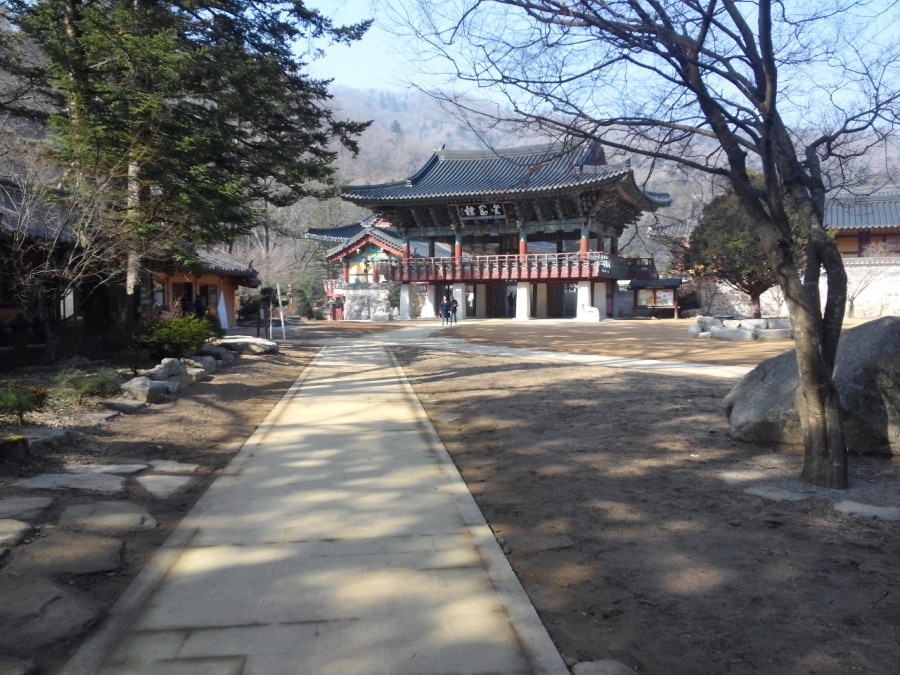
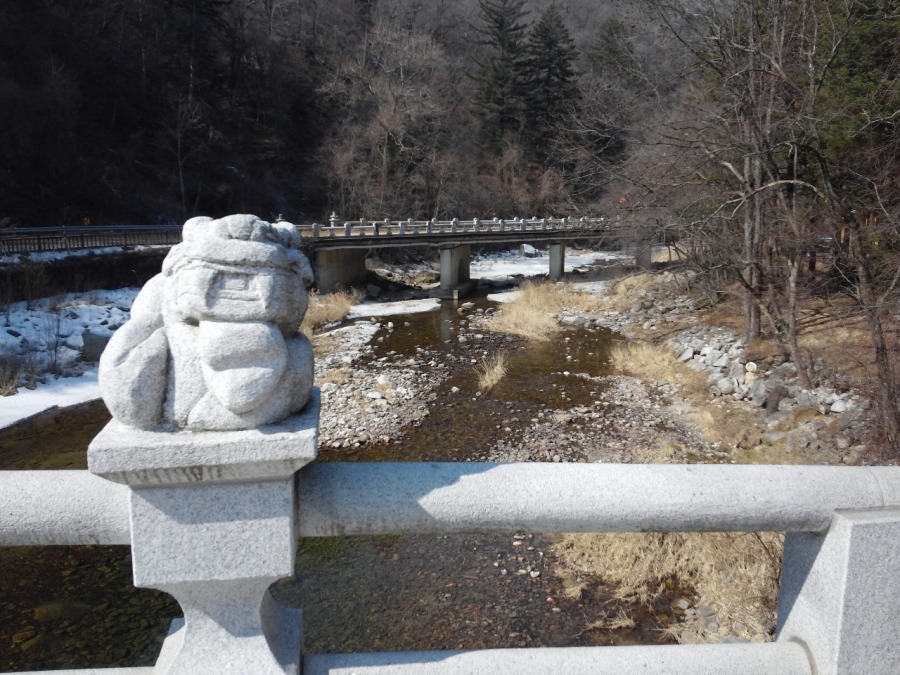
[Full disclosure: the trip, on March 18, 19, was sponsored by Korea Tourism Organization, to promote the 2018 Pyeongchang Olympics and the greater Pyeongchang region and to seek opinions from visitors leading up to the Olympics next year.]
As already mentioned, the Pyeongchang Olympic areas that I got to see on my trip are, as of now, still quite raw. Event facilities are still being built and area infrastructure is still in various states of incompletion.
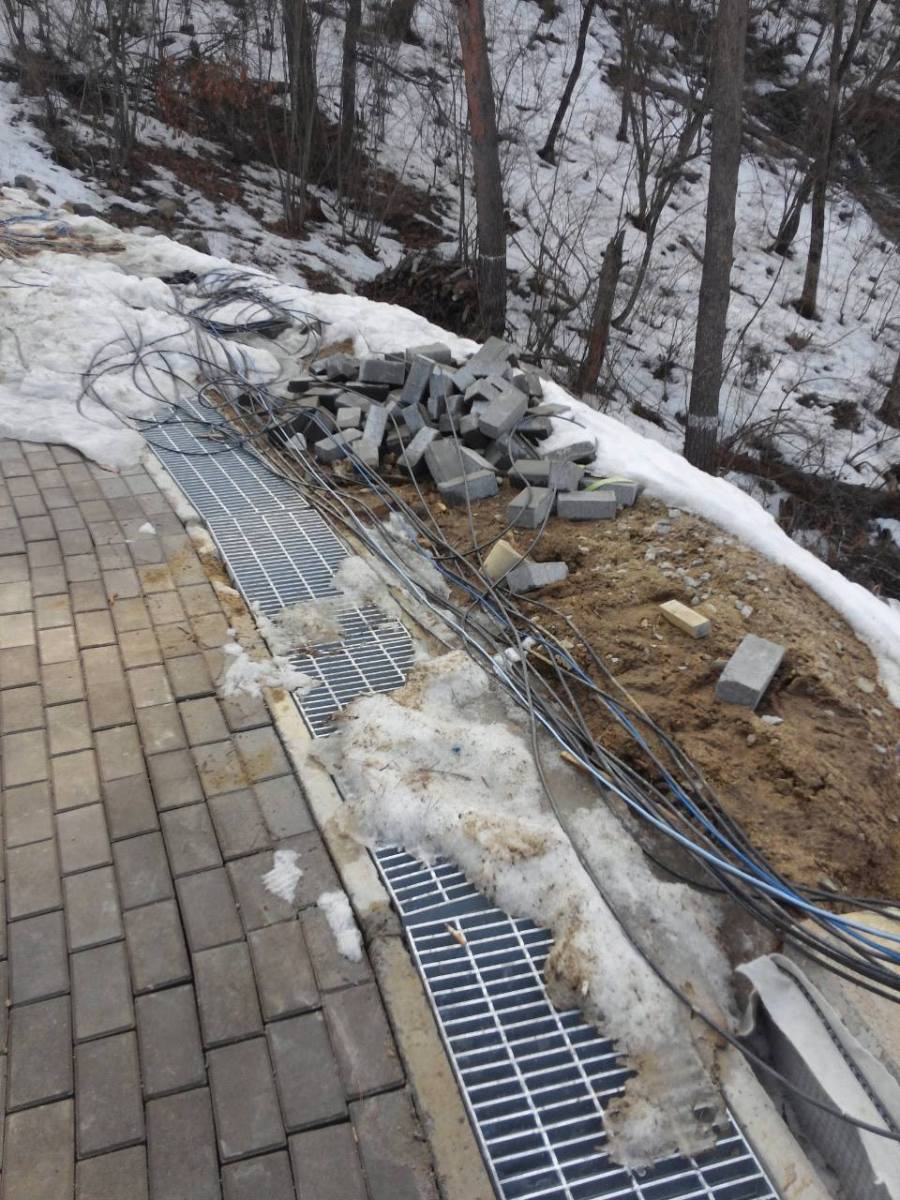
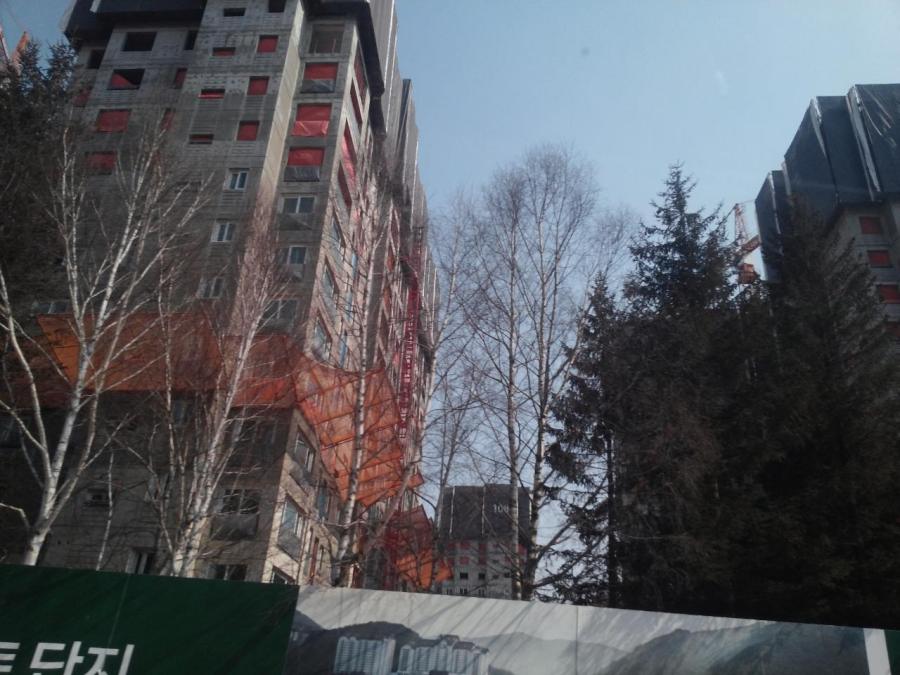
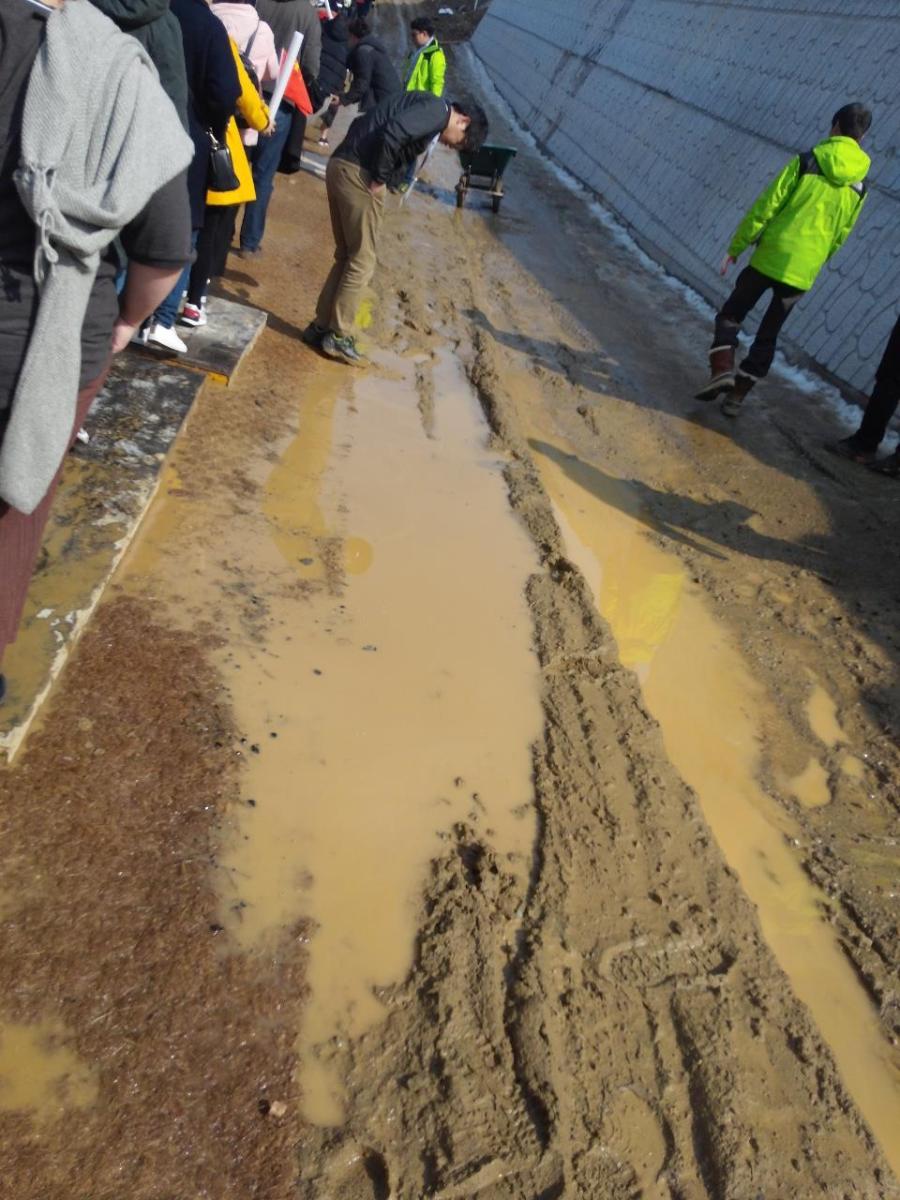
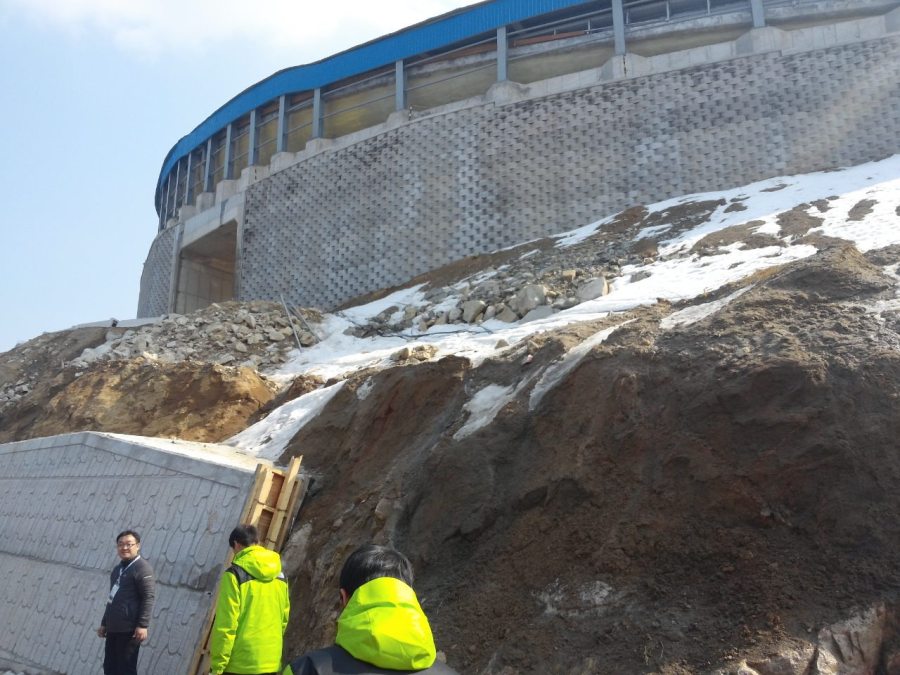
Is this typical for Olympic sites at this stage of assembly? I have no idea, so take from this what you will. But, considering how rural this area is, it should also come as little surprise that a lot would need to be built from scratch for it to possibly be considered viable to host a world-promoted-and-attended event. The idea of a high-speed rail connecting it to Seoul in particular seems strange, but would have seemed even stranger than it does now before the Alpensia sports park and resort opened in 2011. That it, too, was apparently a bargaining chip toward getting the Winter Olympics eventually should not come as a surprise. This is not a Seoul suburb, this is over 100 miles away. And yet, here we are.
Then, there is perhaps the largest gorilla in the room. Now known as the Jeongseon Alpine Center, one of the most remote places in all of South Korea had once enjoyed protections from the government that were promptly lifted when the country was awarded its Olympic bid. Although officials have claimed some of the estimated 58,000 trees that were removed will be replanted after the games, protestors have called it a “patronizing” effort as some of the trees clear cut for the three-day event were reportedly 500 years old.
All of these dark clouds over what for many is an enjoyable, historical event is a shame. And, it’s as yet unknown whether that high speed rail will help boost the local tourism economy (not to mention how much use it will get after the Olympics are over) or simply ferry visitors into the Olympic village and then back out to Seoul, without ever showcasing the other excellent non-Olympic attractions in the region.
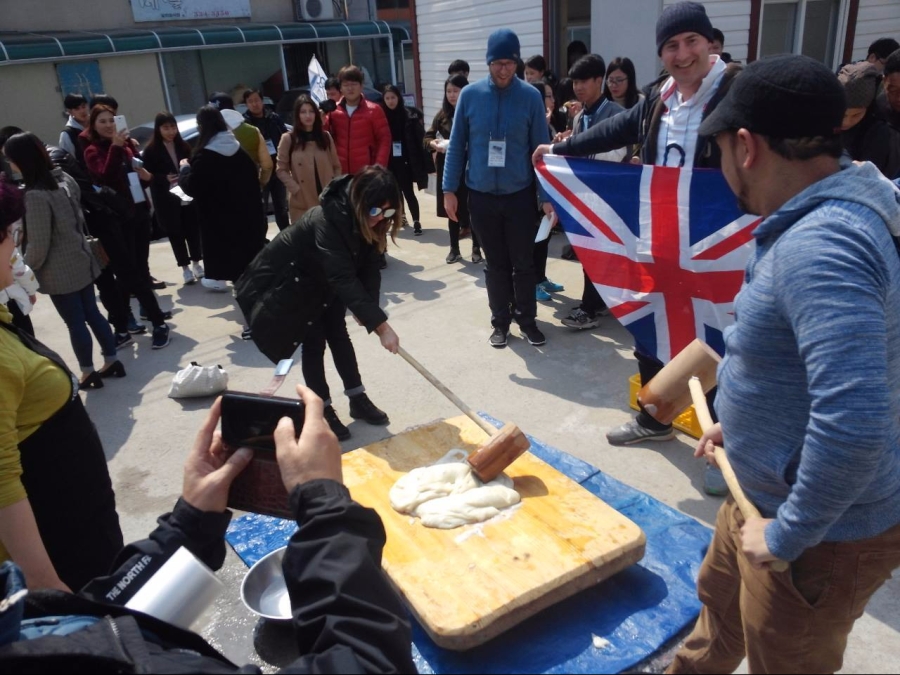
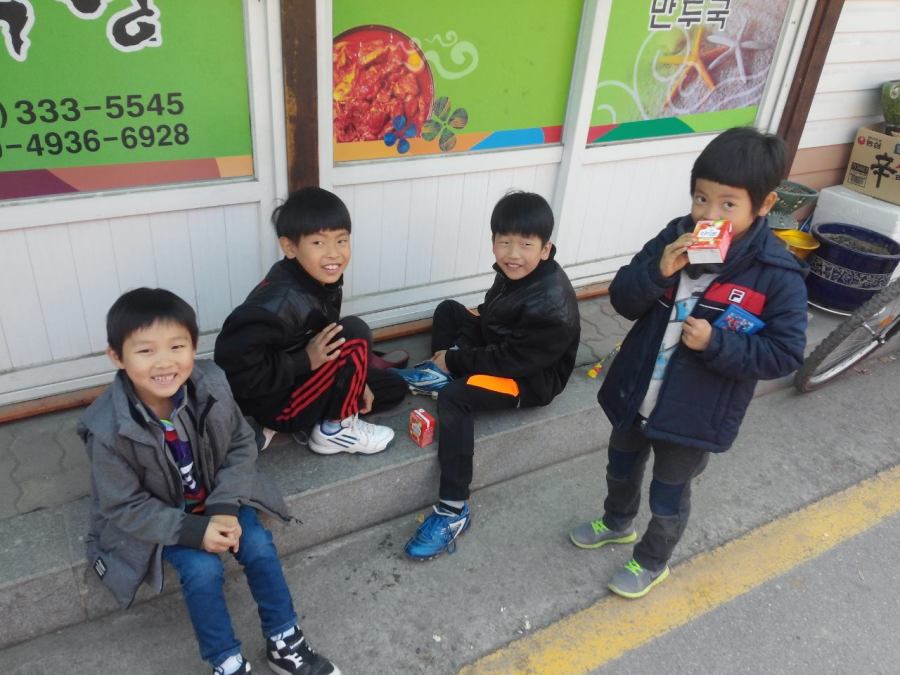
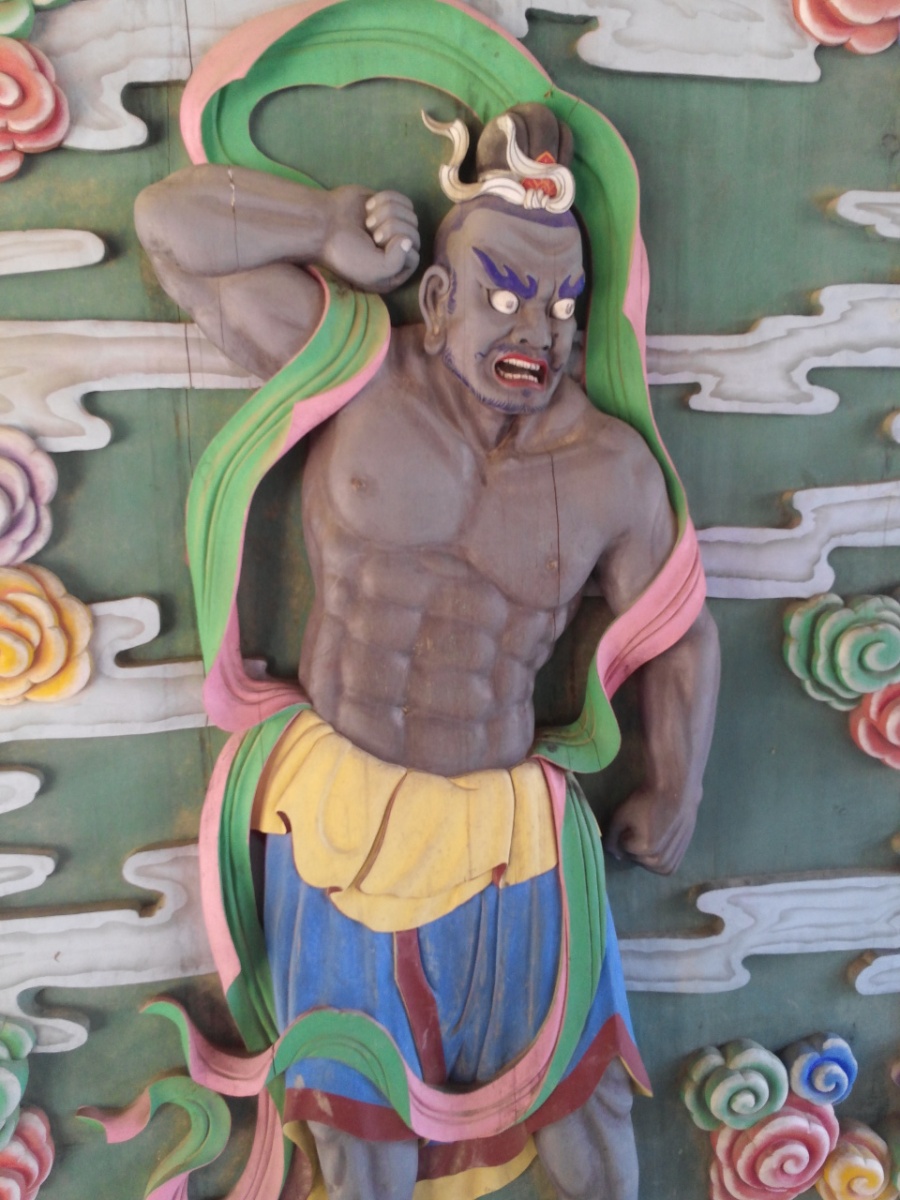
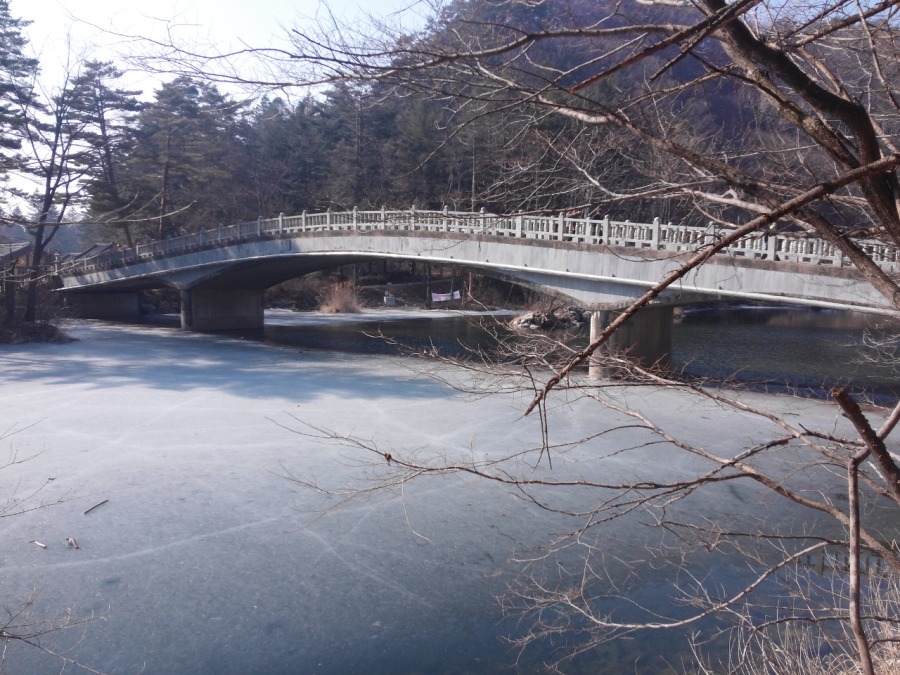
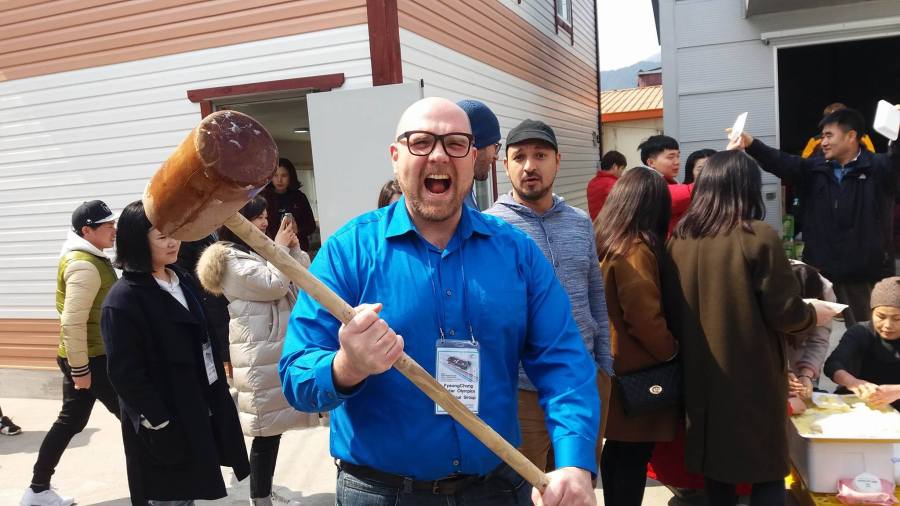
Both Woljeong and Sangwon temples, which are part of the larger Odaesan National Park area, are relaxing and peaceful, a polar opposite from the crowds that took advantage of the currently-free admissions to the Olympic practice events. The Sky Ranch felt like a world away from your typical Korean city, where one is constantly bombarded by some form of noise at every turn. These are the things I enjoyed most during my weekend in the Pyeongchang region.
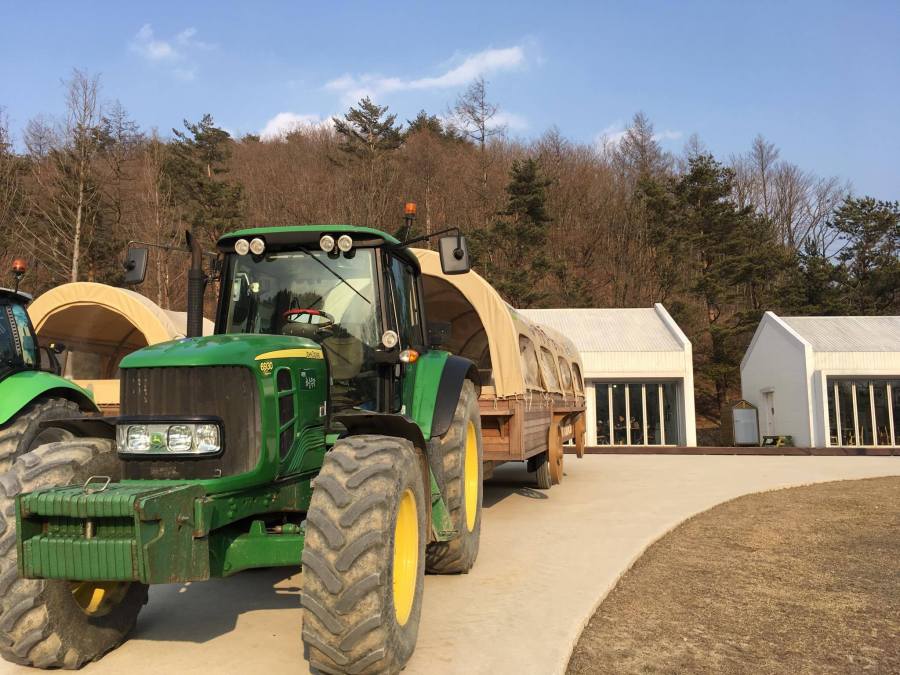
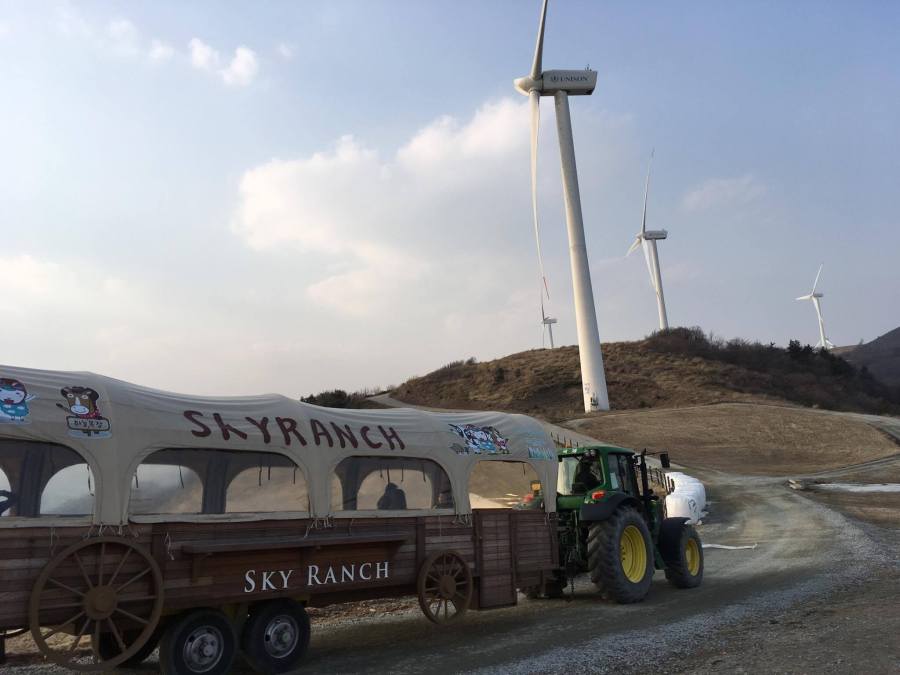
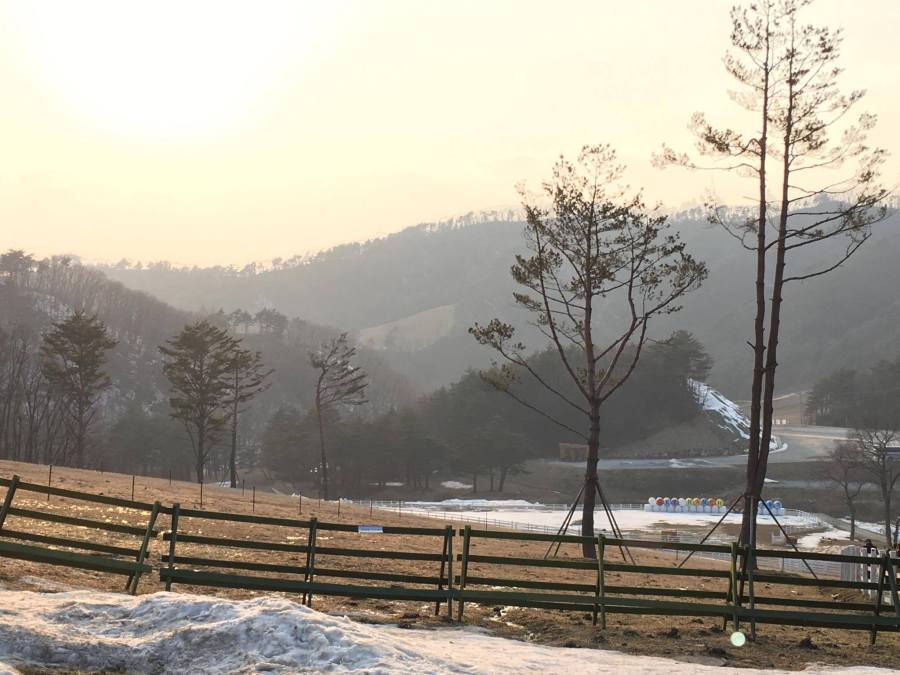
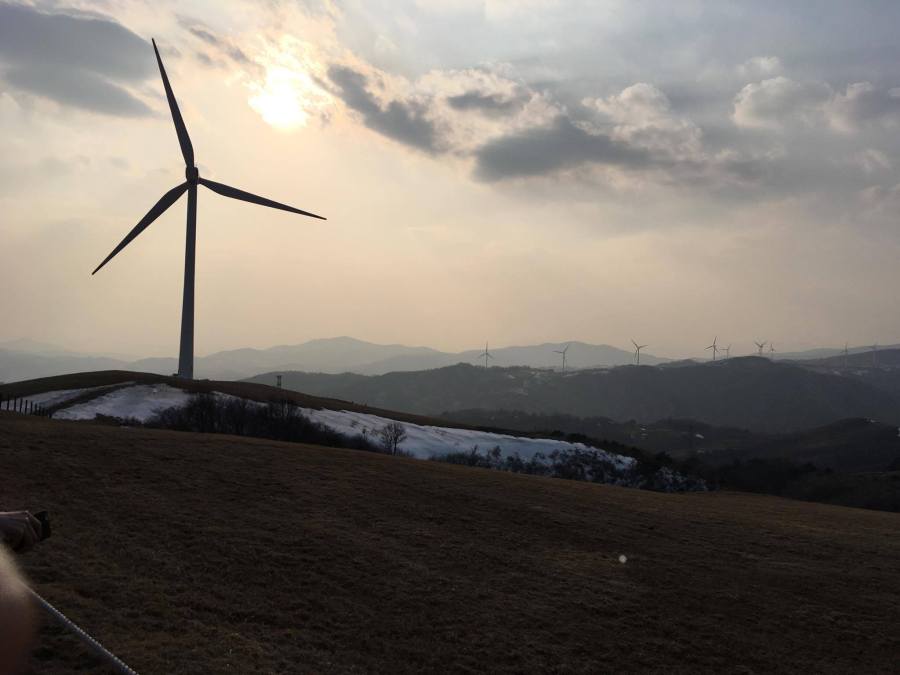
The difficulties regions face in the face of outsized hopes for economic windfalls from the Olympics have become almost cliche. I don’t think anyone really wants Pyeongchang to fail. And, I don’t think it will, during the games. It’s the uncertainty of what happens after the world leaves, and the region is left wondering what to do with what’s left, that is always the concern. And while Pyeongchang does not have to be Rio, or Sochi, or Beijing, or Athens, or Munich, or others that have already seen their Olympic villages go either severely underused or completely abandoned, the concern remains for the country I’ve called home for over four years.
The 2018 Winter Olympics will change Pyeongchang forever. It remains to be seen if that change will be for the better or worse. We’ll find out in about a year.
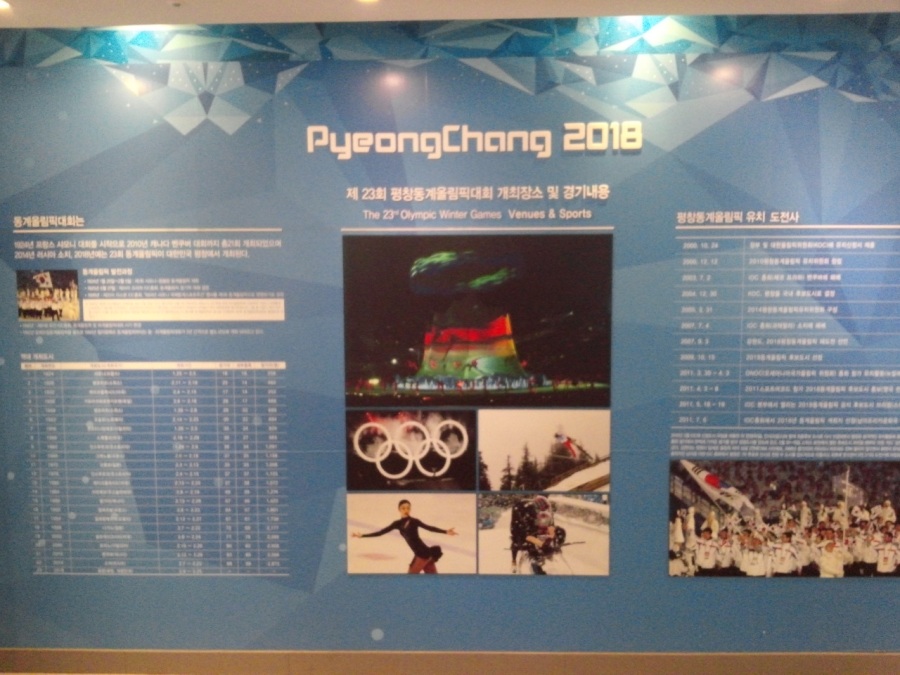
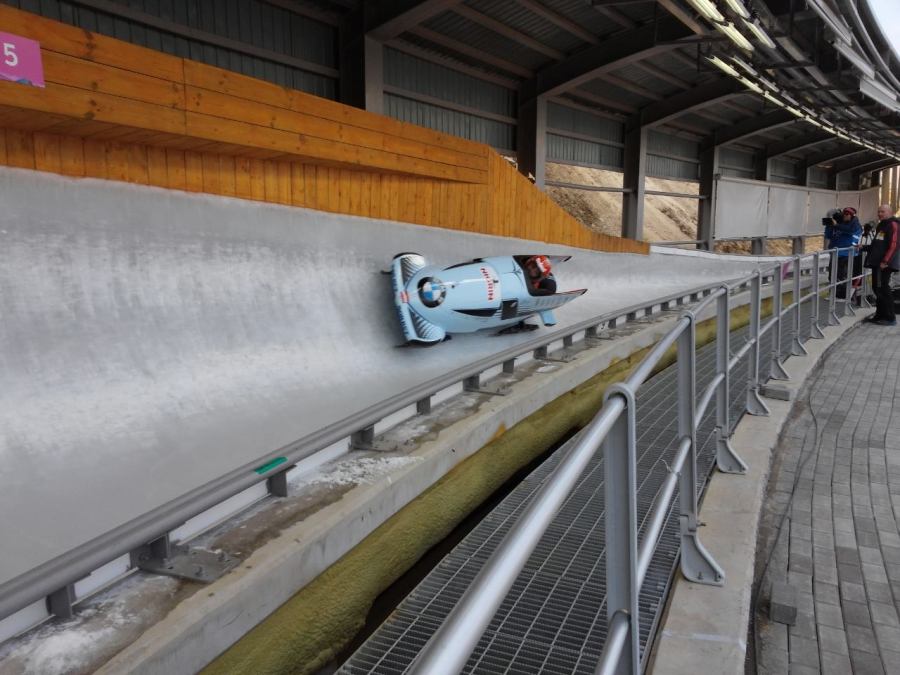
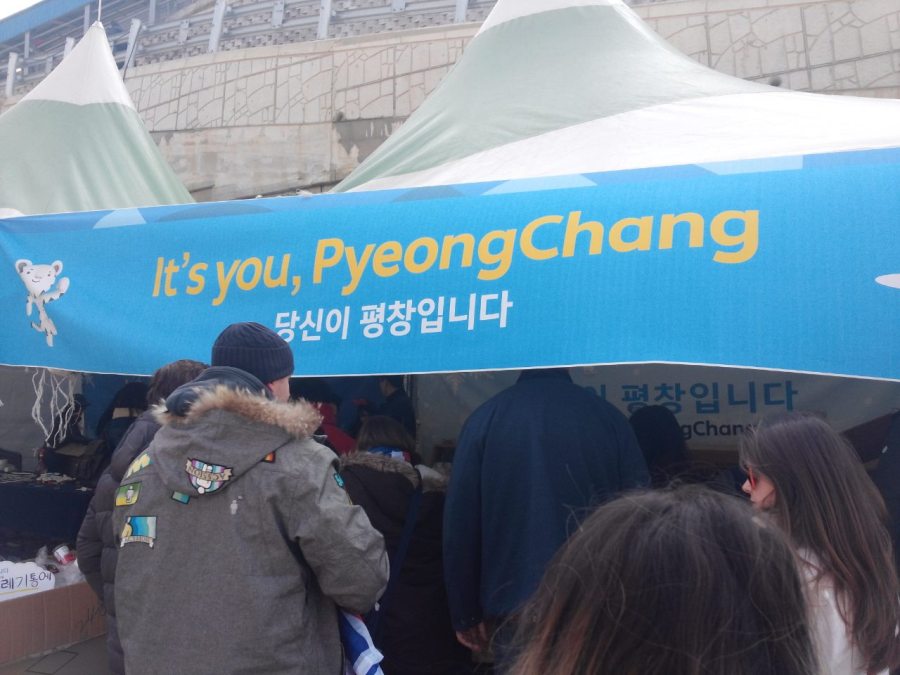
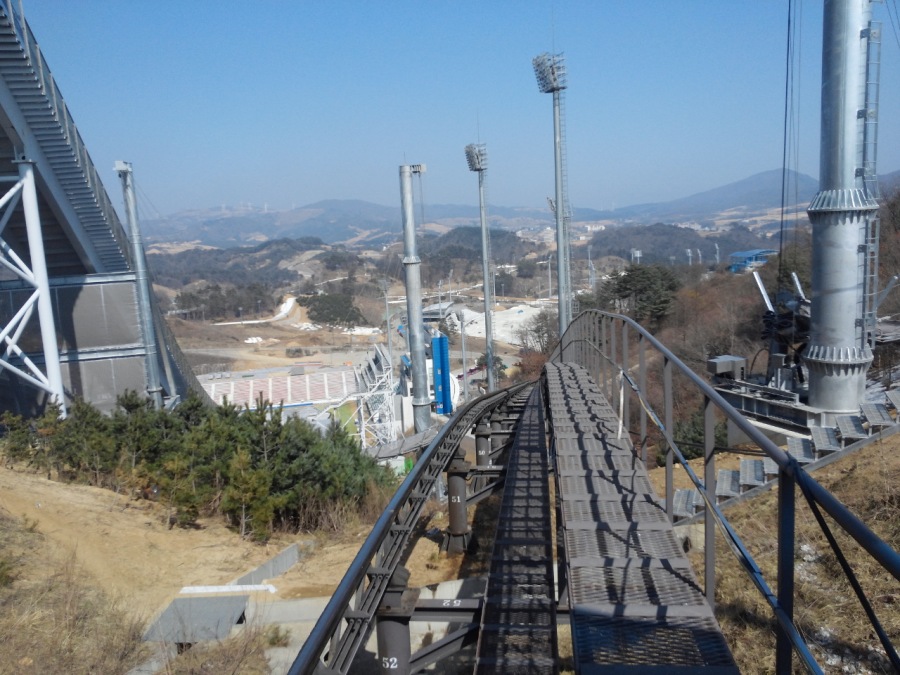
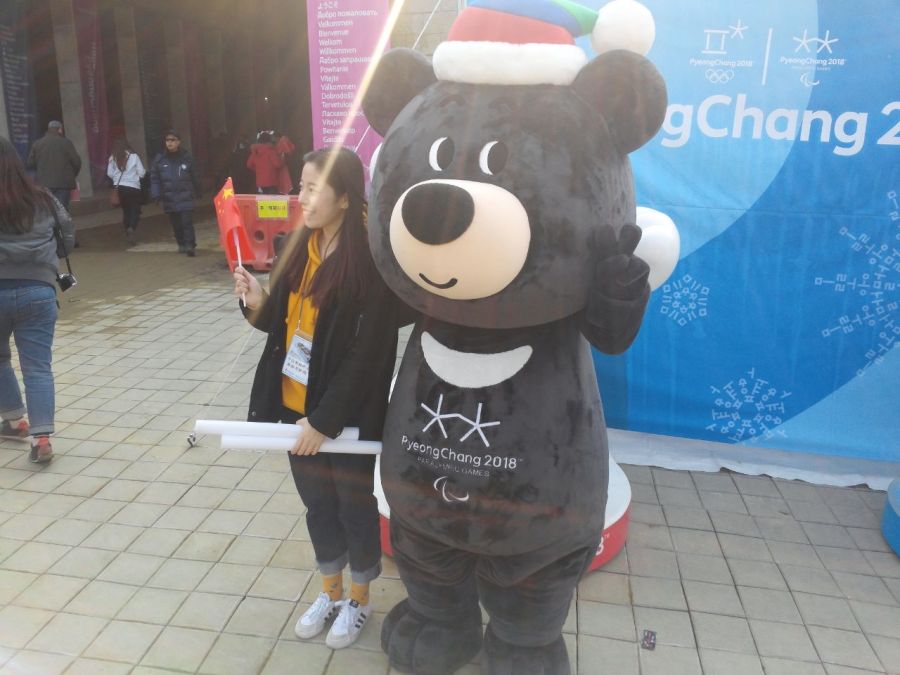
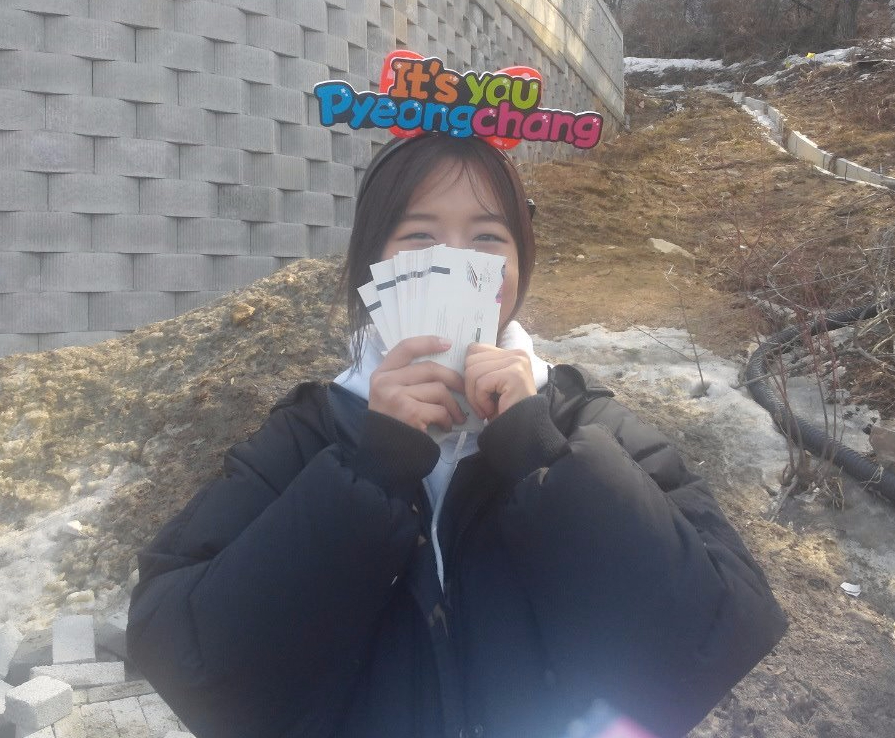
JPDdoesROK is a former news editor/writer in New Jersey, USA, who served a one-year tour of duty in Dadaepo/Jangnim, Saha-gu, Busan from February 2013 to February 2014. He is now a teacher in Gimhae.


Recent comments